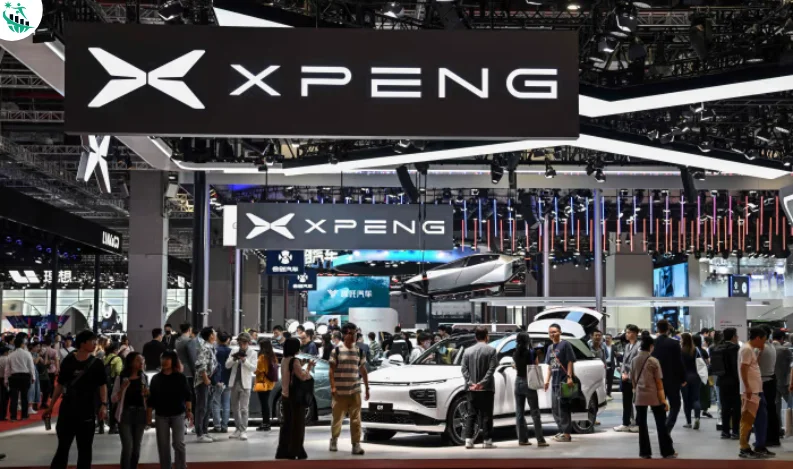
Xpeng Defies China’s EV Price War With Consistent Sales, Outpacing Tesla and Rivals
In the thick of China’s intensifying electric vehicle (EV) price war, Xpeng has emerged as a resilient performer, delivering 34,611 vehicles in June 2025, marking its eighth consecutive month above the 30,000-unit threshold. The milestone comes amid mounting market pressure and fierce price competition that has tested even the most prominent automakers.
The company’s consistent performance places it ahead of several of its U.S.-listed peers, as the broader EV market grapples with government scrutiny and fierce rivalry. Shares of Xpeng rose over 2% in New York following the delivery announcement.
While the automaker did not break down sales by vehicle type, including its affordable Mona lineup or its driver-assisted models, its ability to maintain momentum underscores a strategic balance between affordability and innovation.
China's Price War Draws Government Attention
China’s EV industry has entered an era of “involution,” with companies locked in a race of rapid, often unprofitable expansion. President Xi Jinping this week called for better regulation to prevent "low price, disorderly competition," as tensions escalate over unsustainable market strategies.
Mixed Performance from Rivals
Xpeng's success stands out in contrast to rivals facing varied challenges. Geely-backed Zeekr posted 16,702 deliveries in June, a double-digit drop from both May and the same month last year. Meanwhile, Nio saw a modest rise to 24,925 vehicles, buoyed by newer brands like Onvo and Firefly.
Li Auto, despite delivering 36,279 vehicles in June, an 11.2% decline month-over-month, surpassed its revised quarterly guidance with 111,074 units. Analysts at Nomura suggest the decline may stem from Li Auto’s clampdown on rebate-sharing among sales staff, as it pivots toward service quality and brand elevation.
Tesla and Xiaomi in a Tight Race
Tesla, a longstanding player in China's EV arena, is feeling the heat. Analysts estimate its Q2 China sales to fall 12% year-on-year to around 128,000 units, with June figures still pending. The automaker recently increased the price of its Model 3 long-range variant by 10,000 yuan.
Xiaomi, better known for smartphones, delivered over 25,000 vehicles in June. The company stirred the market with its new YU7 SUV , priced 10,000 yuan lower than Tesla’s Model Y, and reportedly garnered over 240,000 locked-in orders. However, delivery delays of over six months have raised questions about demand sustainability, with analysts speculating that scalpers may be inflating numbers.
BYD Leads the Pack
Market titan BYD remains firmly ahead, selling 377,628 passenger vehicles in June alone, more than half of them battery electric. The company reached 2.1 million deliveries in the first half of 2025, leaving competitors trailing.
Leapmotor, backed by Stellantis, delivered 48,006 vehicles in June, while Huawei-supported Aito hit 44,685. Both companies, alongside Xpeng, now stand near or just above the 200,000-unit mark for H1 2025.
Michael Dunne, CEO of Dunne Insights, sees BYD, Xiaomi, and Geely as best positioned to weather industry shakeouts. He warns that companies like Nio, though product-strong, remain vulnerable due to financial instability.



Recent Comments:
No comments yet.